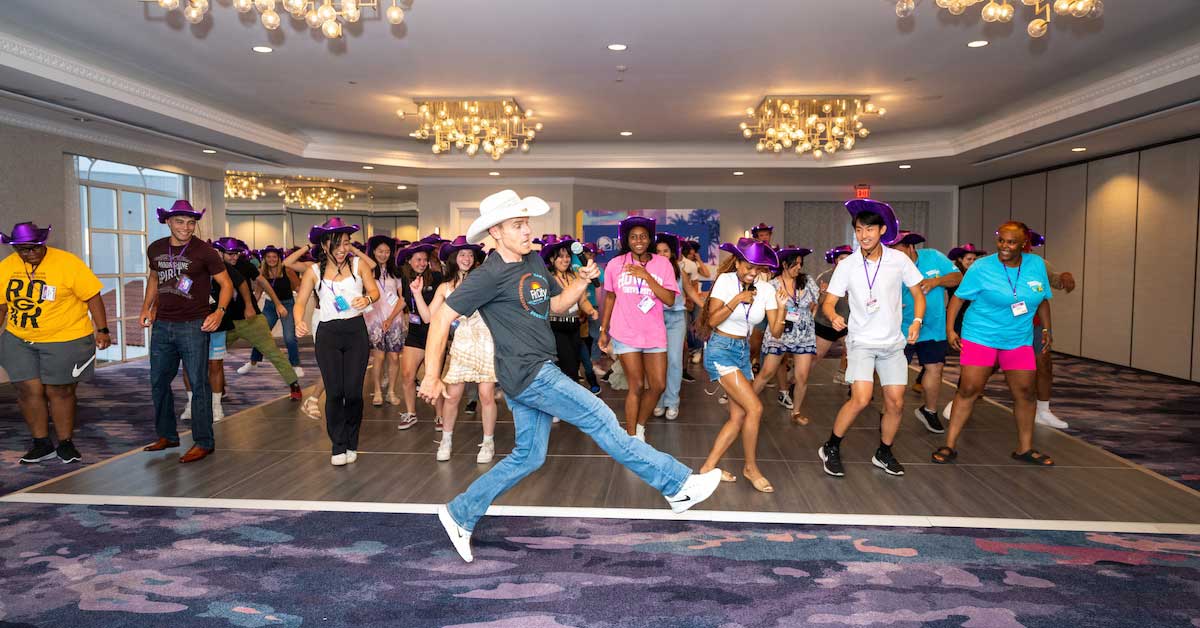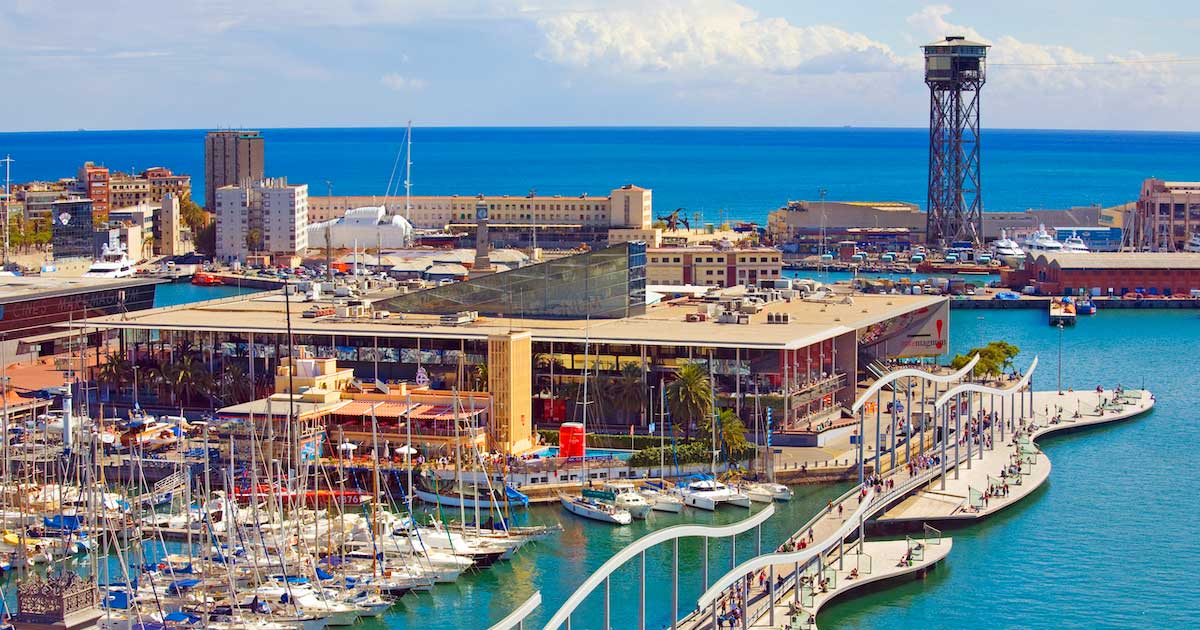This month, MPI and Marriott International are launching a long-term sustainability partnership. The goal of this partnership is to significantly move the sustainability needle for the meeting and event industry by bringing people together for meaningful conversations and telling the story about important sustainability initiatives that are already taking place.
Look for monthly articles in MPI publications and robust conversations in a sustainability-focused MPI Community Forum and a sustainability-focused boot camp.
"As a global community of meeting industry catalysts of moving our community forward with memorable connections and experiences, we also have the obligation to serve as responsible stewards of the planet’s precious resources in every way possible," says Tim Luepke, CMM, CMP, CTS, DES, director of the MPI Academy. "This includes a promise to educate and align our members to a future vision of sustainability initiatives that embody every decision of their event strategy. This strategic partnership with Marriott creates a synergy to provide educational deliveries that will inform, impact and align us for a future worth having."
Marriott believes business plays an increasingly critical role in taking on our world’s most pressing social, environmental and economic issues, and the company has a global responsibility and a unique opportunity to be a force for good. Marriott’s ambitious 2025 Sustainability Serve 360 and Social Impact Goals, part of its Serve 360 initiative, fall under four key categories:
NURTURE OUR WORLD. To support the resiliency and sustainable development of the communities where we do business, we invest in the vitality of their children and natural resources, as well as deliver aid and support, especially in times of need.
SUSTAIN RESPONSIBLE OPERATIONS. While integrating sustainability across our value chain and helping to mitigate climate-related risk, we are working to reduce environmental impacts, design and operate sustainable hotels and source responsibly.
EMPOWER THROUGH OPPORTUNITY. Committed to a culture of inclusion in our workforce, supply chain and beyond, we provide access to opportunity to populations that have faced historical barriers to education and employment, including youth, women, people with disabilities, veterans, refugees and other diverse populations.
WELCOME ALL AND ADVANCE HUMAN RIGHTS. While working to foster a safe and inclusive world for travel for all people, we prioritize the fight against some of the industry’s highest-risk and most pressing issues, including human trafficking, child exploitation and forced labor.
To set the table for this exciting new partnership between Marriott and MPI, we recently spoke with two sustainability experts about notable trends, how to measure efforts and overcoming challenges: Denise Naguib, global vice president, sustainability and supplier diversity for Marriott International, and Courtney Lohmann, CMP, SEPC, founder of Caretta Impact, a 23-year veteran of meetings, hospitality and travel who developed the curriculum for the new boot camp.
Sustainability coverage brought to you by
Why is sustainability such an important part of the meeting industry’s present and future?
NAGUIB: We all understand the value meetings— whether we gather to learn, celebrate, connect or collaborate. We also know that meetings have an impact—both positive (generating jobs) or negative (creating food waste). Our opportunity is to understand and work towards having meetings that can be a win-win-win—good for the economy, good for the attendees, good for the planet. This is the way forward as expected by attendees, meeting professionals, the community at large and employees.
LOHMANN: It’s important because bringing people together is important. When you bring people together, you essentially create a temporary space for them to gather, and with that you naturally produce a certain amount of waste—carbon waste, food waste, material waste, etc.
When we meet, good things happen. When we meet, we create bonds and push each other forward. We can’t stop meeting. But in today’s world, we have a much better understanding of how these meetings have an impact on the world—environmentally and socially. Meetings and events have always been designed to create something good, to bring positivity. We have to understand that the good and positivity must be carried through in the environment and our communities.

Denise Naguib

Courtney Lohmann
Can you tell us about one of the biggest challenges for sustainability efforts in the meeting and event industry?
NAGUIB: With so many people representing so many perspectives, one of the challenges is understanding the way customers evaluate hotels on sustainability. We hear from some that it isn’t on their radar, others who don’t know where to begin and those who have very specific expectations in order to meet their own goals. On the other side of the equation, we have suppliers also along a spectrum. Much of these gaps can be bridged with conversation and engagement between the stakeholders, identifying how to meet each other’s needs AND drive the sustainability agenda forward. I encourage all of us to remember that we are likely not in exactly the same place, but our collective intention is in the right, sustainable direction.
LOHMANN: I think the biggest challenge we are all faced with at the moment is climate change-related issues. This has most jumping to carbon emissions and then jumping to flights and the impact of travel. This is the biggest problem we have. If we want to meet, we have to bring people together, and more often than not, that means putting many people on planes.
While tackling this issue is challenging, it doesn’t mean we should throw our hands in the air and wait for a simple solution. We can look at carbon offset programs for our flights. We can look at ways to minimize flight miles by choosing destinations that make the most sense. But more importantly, we can dig in and really look at the most concrete things we can control. We can control the venues we select, the suppliers we work with, the destinations we go to. We can control what materials are used, how much waste we produce, what foods we serve. We can implement changes to our signage and communication plans. We can strive to hit zero waste in all areas of our events and create tremendous impact.
How do you measure the success of sustainability efforts?
NAGUIB: At the individual event level, there are many ways to measure success including looking at the impact metrics such as carbon, water and waste with a goal to reduce those impacts (on a per-person basis, for example). You can also measure the amount of food donated, trees planted, hours volunteered, water bottles saved. I also would look at the engagement of attendees as another important metric—were they aware of and appreciative of the sustainability efforts made? With our company’s philosophy of "success is never final," I would also look at success as identifying one more thing that could be done/done better next time!
LOHMANN: Every time you implement something, you create success for yourself. Even for those that haven’t started to implement any sustainability, a success can be auditing how much and what types of foods are left over at your event. Data is knowledge. As planners we’ve always known this. Collecting data and seeing how you grow your impact year over year helps you understand your successes and where you can focus more efforts.
I think the ultimate level of success is attendee engagement. Telling your story around the "why" of what you are implementing and then seeing more and more of your attendees partaking in what you are doing and asking for more or being excited around your impact areas—this is the true measure of success.
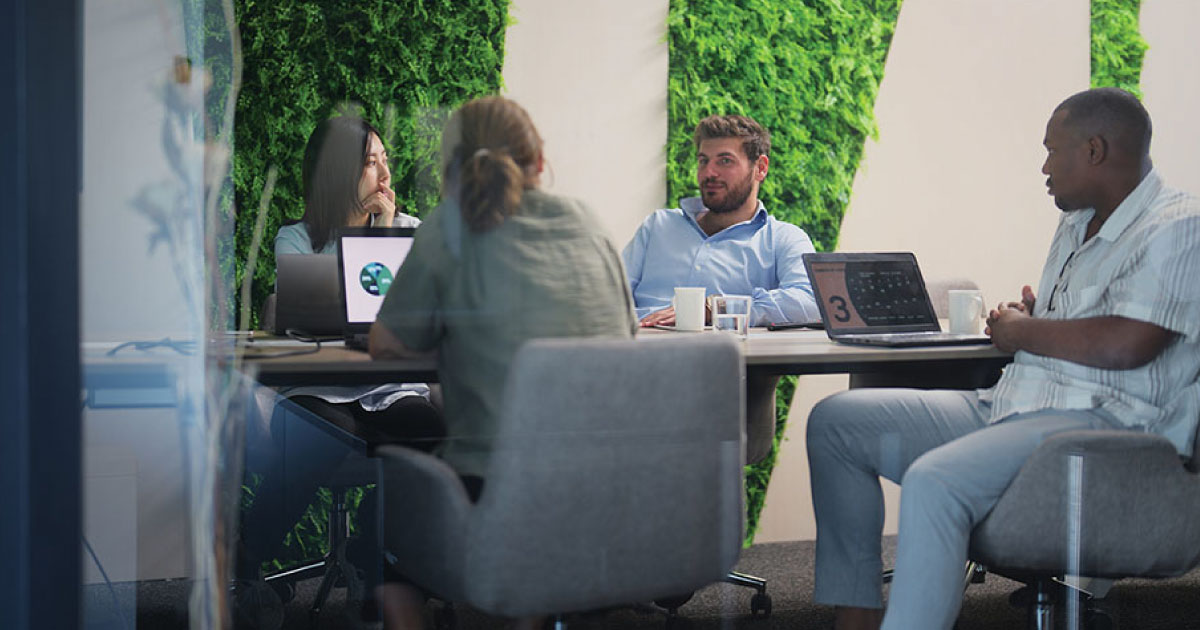
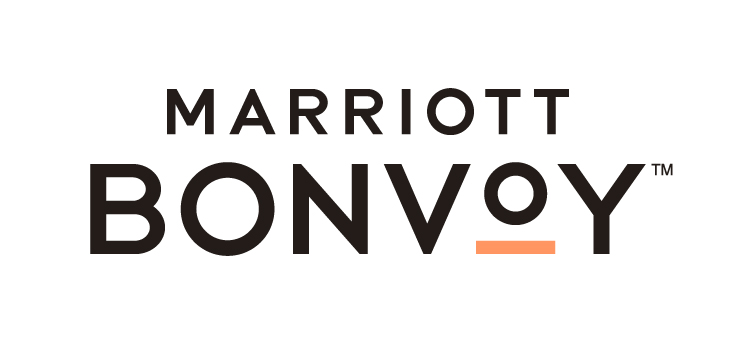

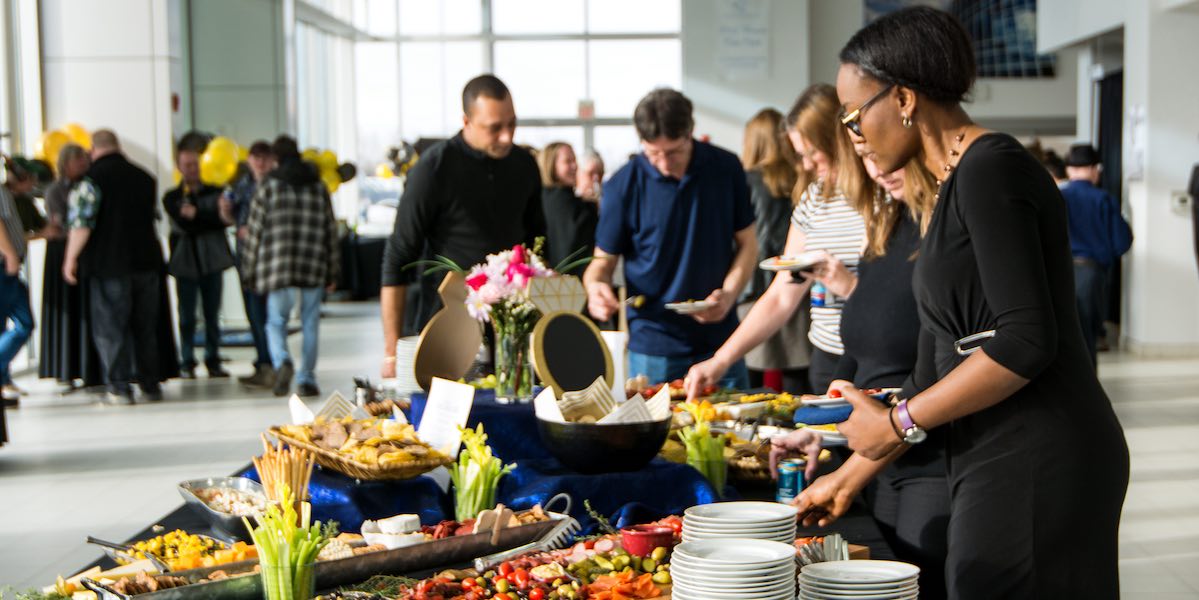
.jpg?sfvrsn=96553155_1)
